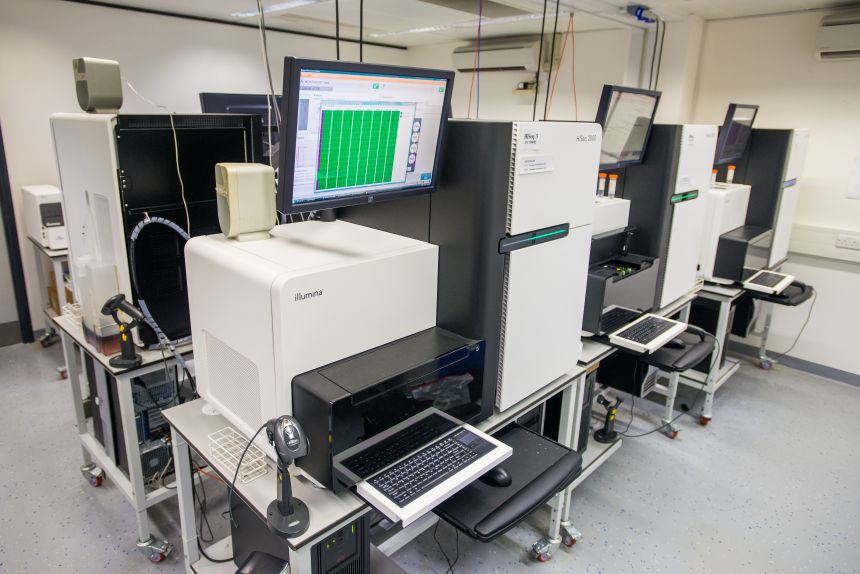
Video: Big data and drug discovery
At Friday's launch of the Li Ka Shing Centre for Health Information and Discovery at Oxford University, researchers spoke about the potential to revolutionise health research and offer patients better, safer and more personalised treatments through 'big data' and improved approaches to drug discovery.
The new centre is being supported by a £20m gift from the Li Ka Shing Foundation and £10m from the Higher Education Funding Council for England.
Professor Peter Donnelly, who will be involved in the analysis of large health-related data sets in the new centre, said Oxford is achieving something by bringing all these elements together that has not been done anywhere in the academic world before, 'moving forward understanding of human biology and turning this into new treatments'.
 Target Discovery Institute
Target Discovery InstituteCredit: John Cairns
The Li Ka Shing Centre is being developed in two phases on the University's Old Road Campus. The first phase, the Target Discovery Institute under Professor Peter Ratcliffe, is now complete (above) and researchers will shortly start moving in. The Institute will use high-throughput biology to define better drug targets in collaboration with industry, addressing a critical 'blockage' in the existing drug development process.
The Target Discovery Institute will generate comprehensive data about disease using genomic and chemical screens – important data for the early stages of drug discovery.
The second phase will focus on the analysis of large data sets in a Big Data Institute, bringing together leading researchers from across genetics, epidemiology and public health, clinical medicine, computer science and IT, statistics and bioinformatics.
 DNA sequencers
DNA sequencersCredit: John Cairns
Very large sets of medical data are now routinely collected – through electronic patient records, DNA sequencing (the image shows genome sequencers at Oxford University), comprehensive biological data on disease mechanisms, treatment monitoring, clinical trials, pharmacy records, medical imaging, and national registries of hospitalisations, cancers and other outcomes.
Bringing health-related datasets together for researchers to use in an anonymised way, and making use of new tools to scrutinise that data to gain insights, will provide powerful new insights into who develops illnesses and why.
Oxford University already has world-leading expertise in these areas: pioneering the introduction of genomics into medical care, leading giant cohort studies like the Million Women Study and UK Biobank, running some of the largest clinical trials of treatment worldwide, and establishing methods for global disease surveillance in malaria and other major infectious diseases.